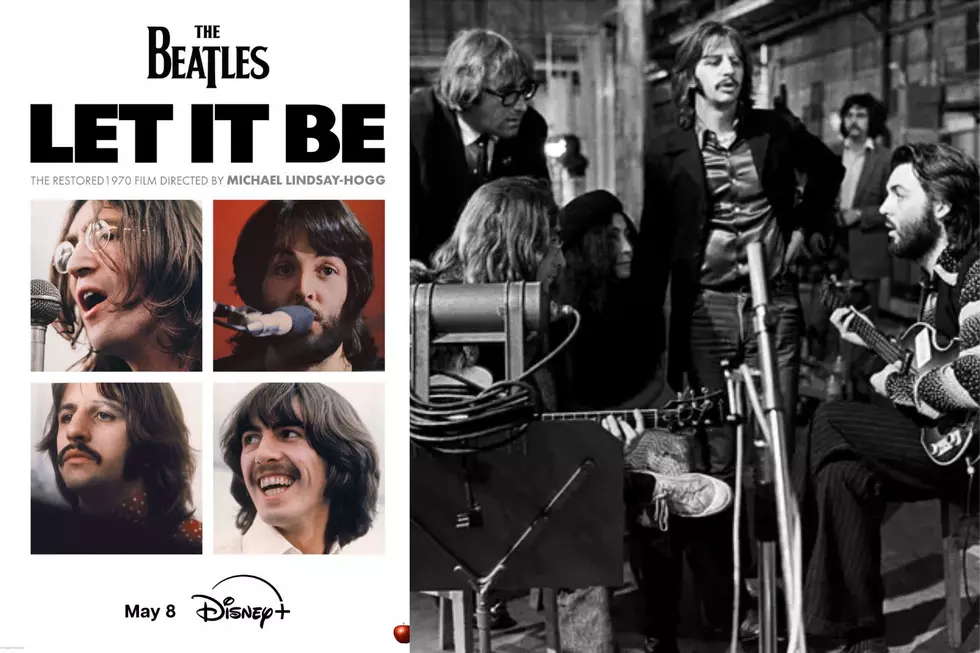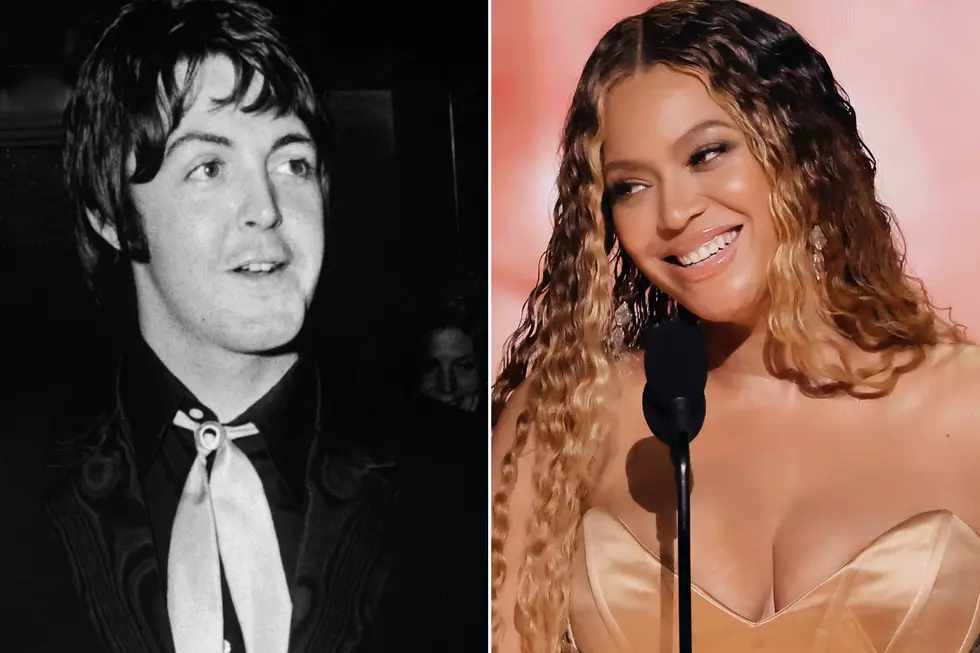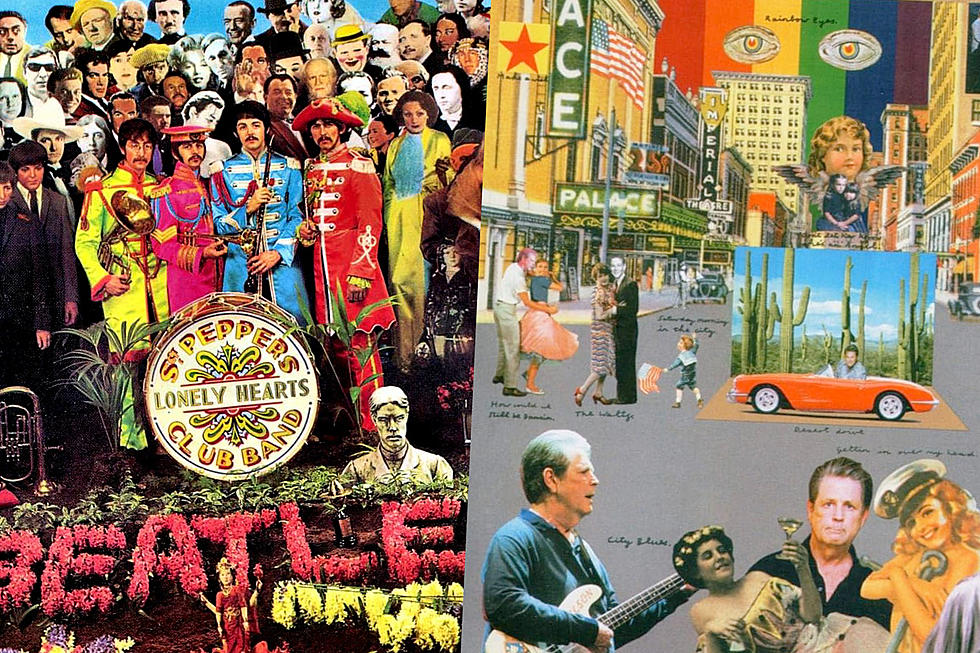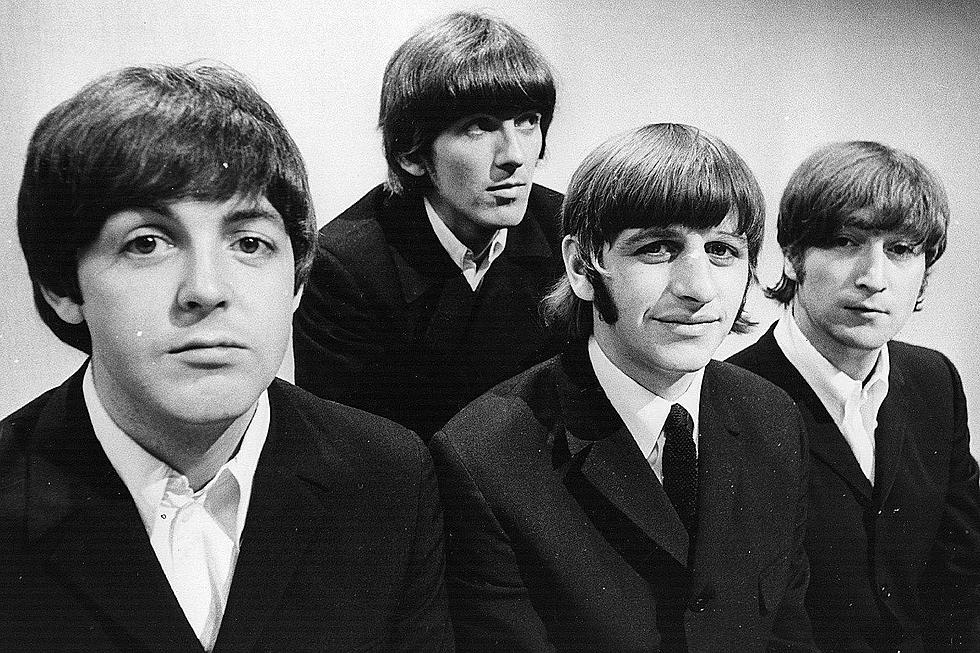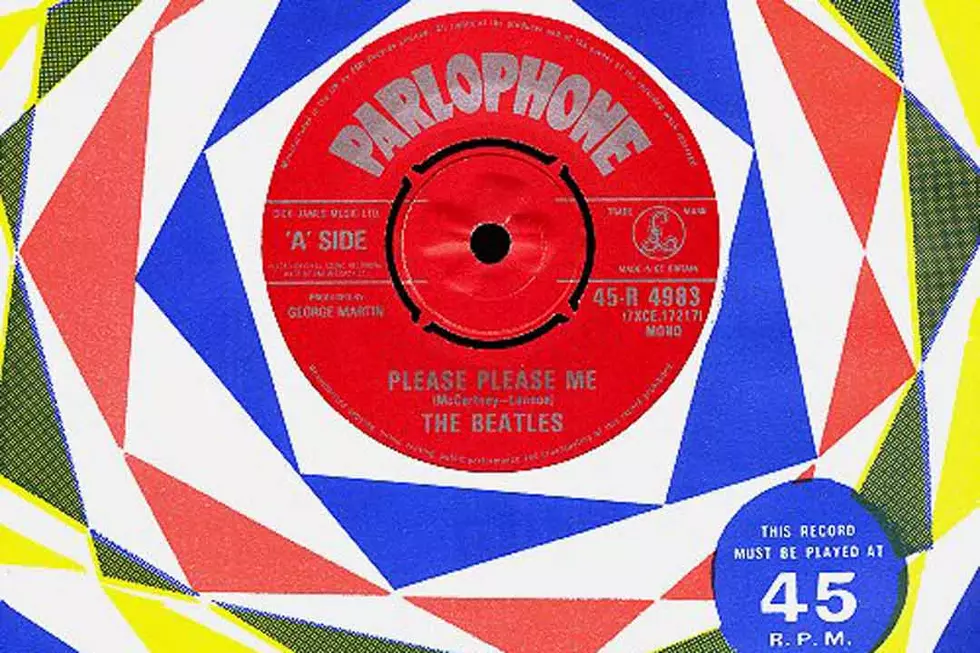
How the Beatles Blasted Off With ‘Please Please Me’
"Congratulations, gentlemen. You've just made your first No. 1." According to Beatles lore, those were the words spoken over the studio intercom by producer George Martin on Nov. 26, 1962, after they finished recording "Please Please Me."
The single was released, inconspicuously enough, as Parlophone 45-R 4983 on Jan. 11, 1963. Six weeks later, Martin was proven right, as the track topped the charts of two major British music magazines, Melody Maker and New Musical Express, thereby kicking off the phenomenon that would soon become known as Beatlemania.
"Please Please Me" was one of the original songs recorded on the Beatles' first recording session two months prior, but it would require a major modification. John Lennon, like everybody else cool at the time, was listening to a lot of Roy Orbison. So, he fashioned an Orbison-like ballad, complete with a falsetto leap on the titular line. For the lyrics, Lennon, whose fascination with wordplay was already in place, took inspiration from Bing Crosby's "Please" – which began, "Please lend your little ear to my pleas."
Martin liked the song, but not the arrangement, and had them instead record a song by the established composer Mitch Murray called "How Do You Do It?" The Beatles grudgingly complied, but were more enthusiastic to another suggestion of his: that they consider speeding up "Please Please Me."
To Martin's delight, they had it ready to go, adding Paul McCartney's second vocal and Lennon's harmonica to the song when it came time to record their second single. Unfortunately, EMI chose to erase the masters of the slowed-down version of "Please Please Me," so Beatles fans can only envision it in its original form.
The B-side, "Ask Me Why," is a ballad that shows off how much they had already learned about songwriting from the Great American Songbook, with a few jazzy chords and close harmony singing straight out of their favorite girl groups. It was recorded in the same session that birthed the A-side.
Rejected Original Titles of 30 Classic Albums
Why the Beatles Hated One of Their Own LPs
More From Ultimate Classic Rock
